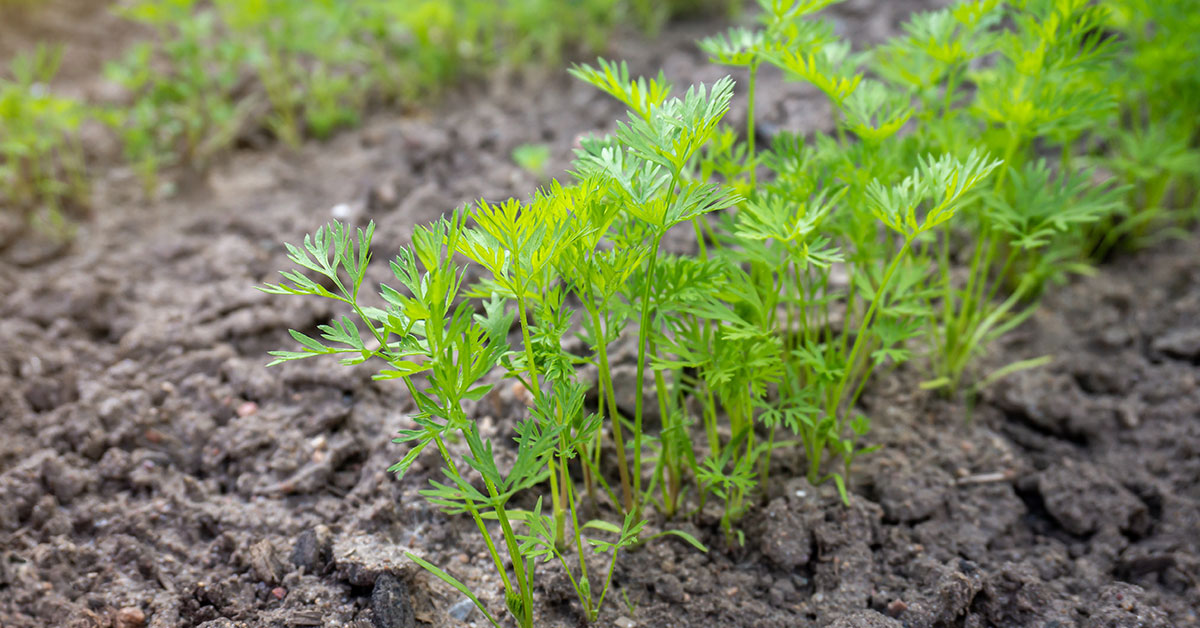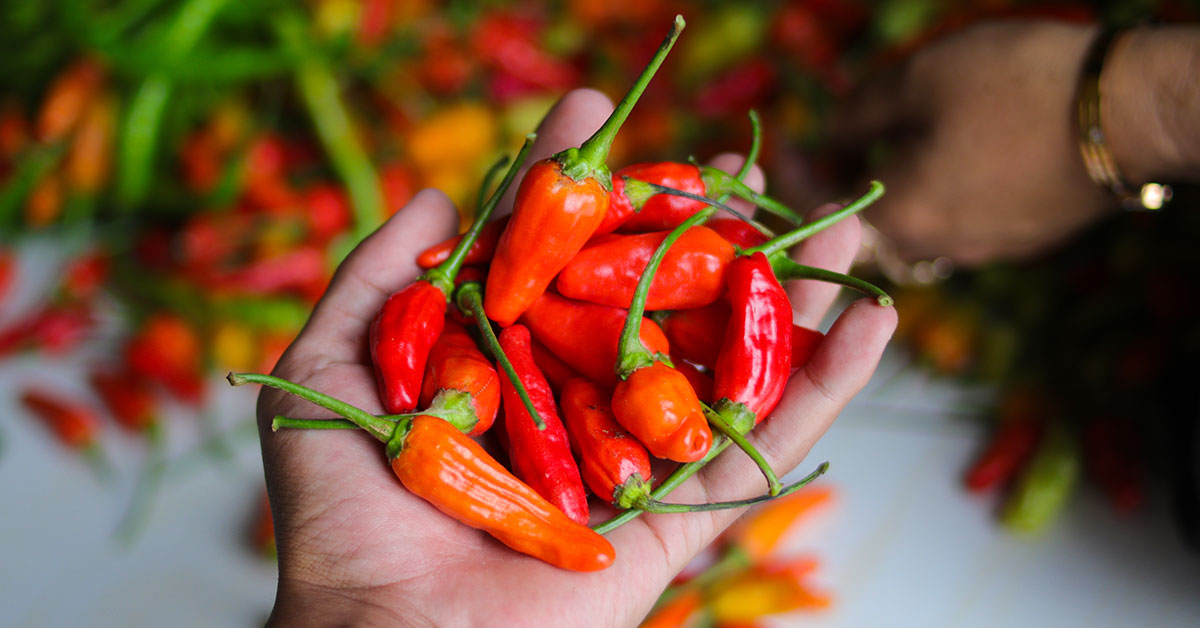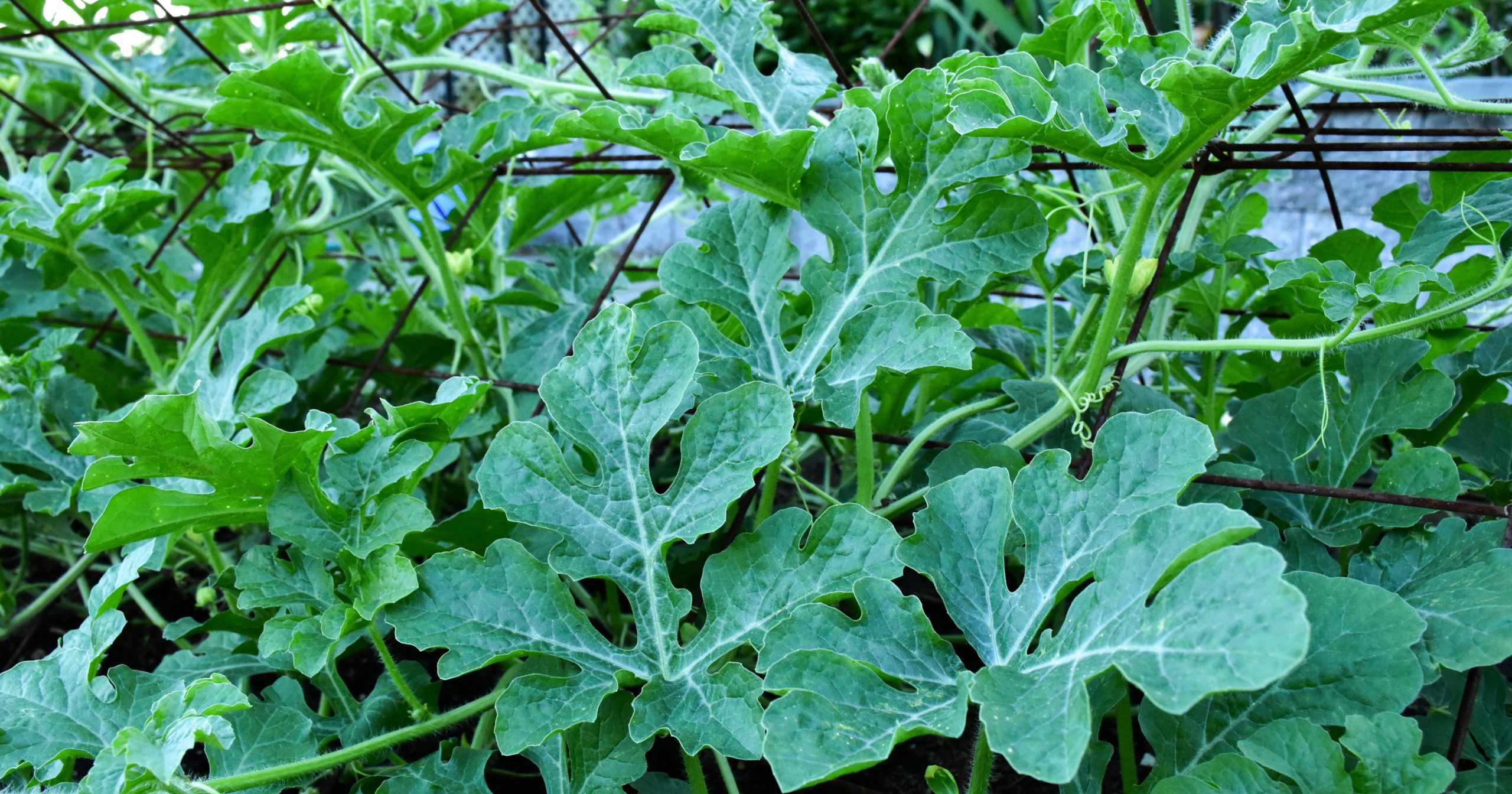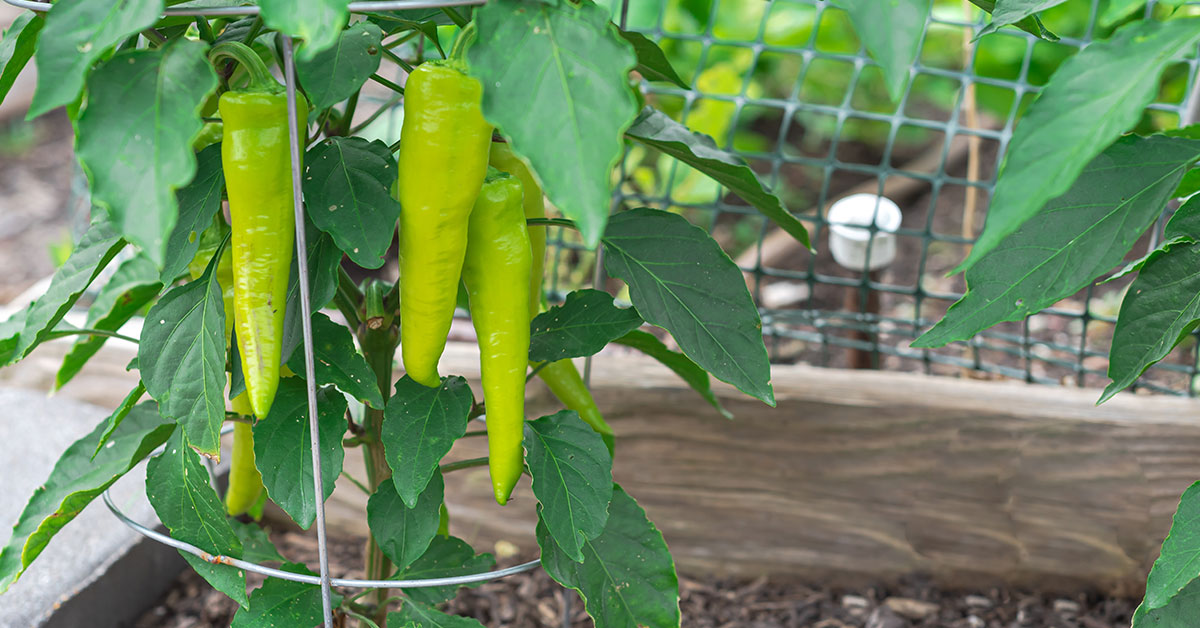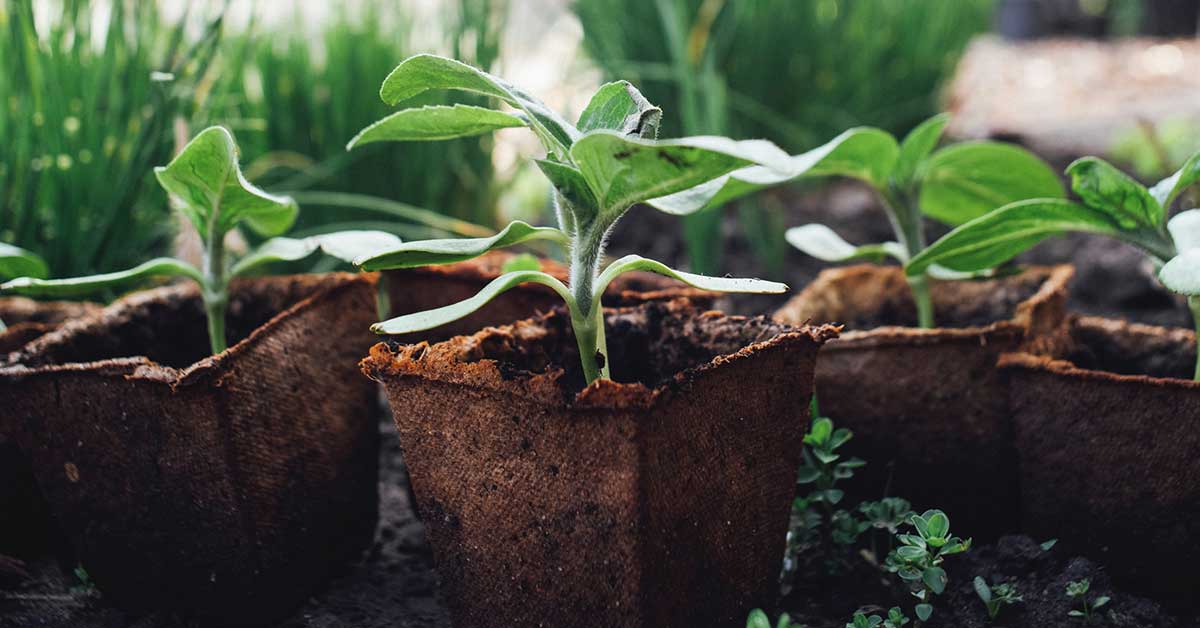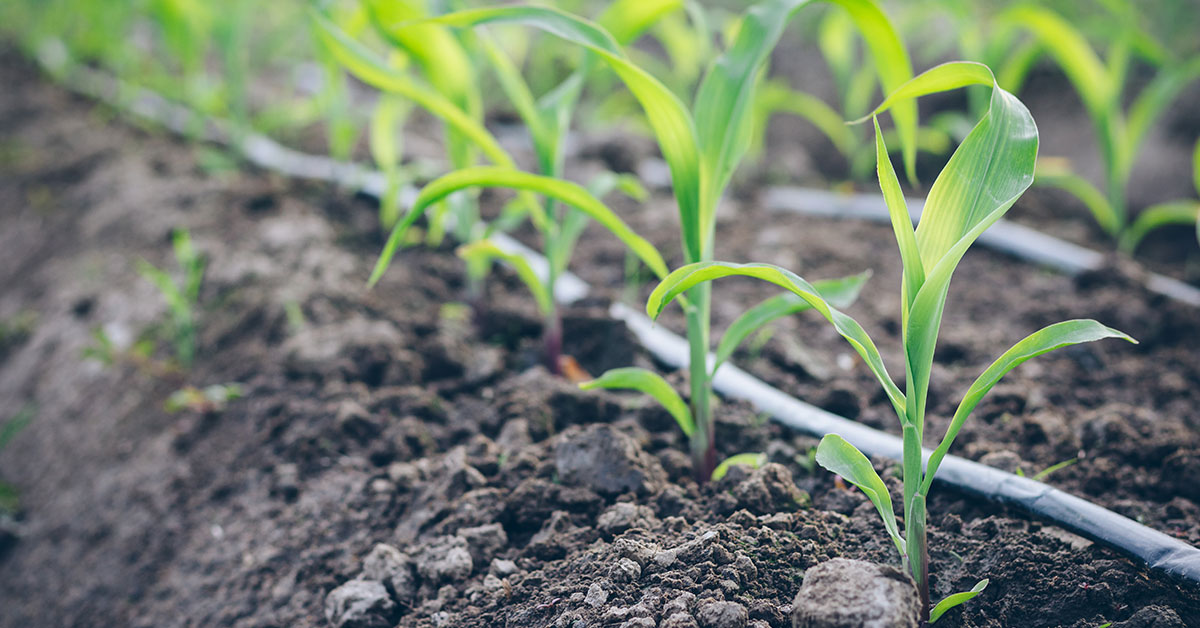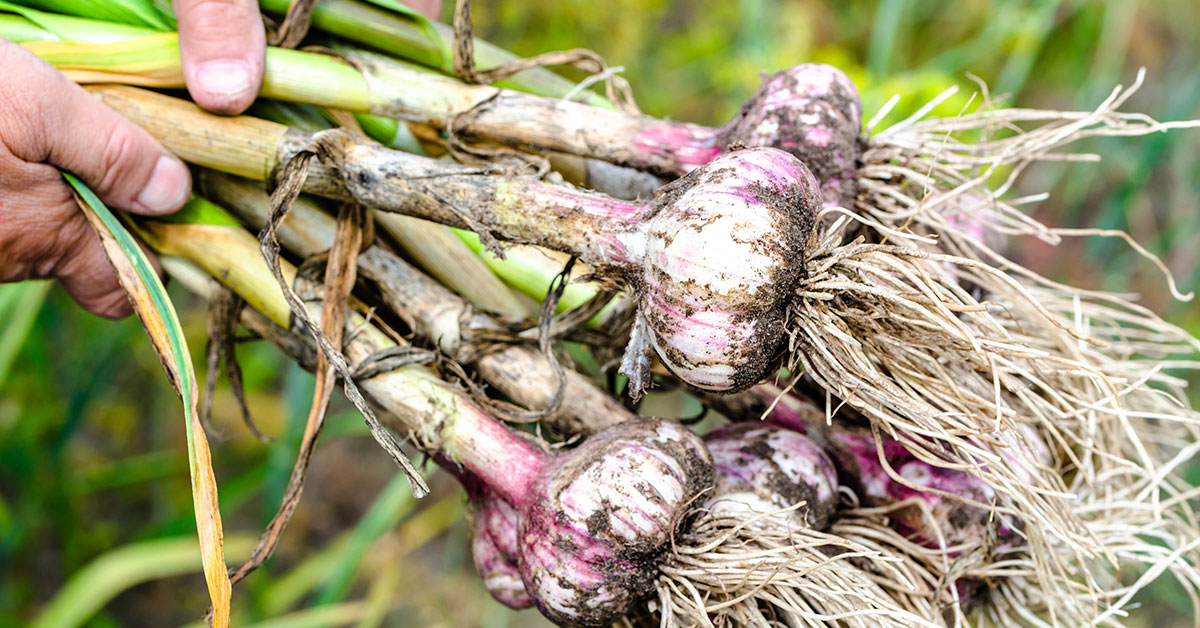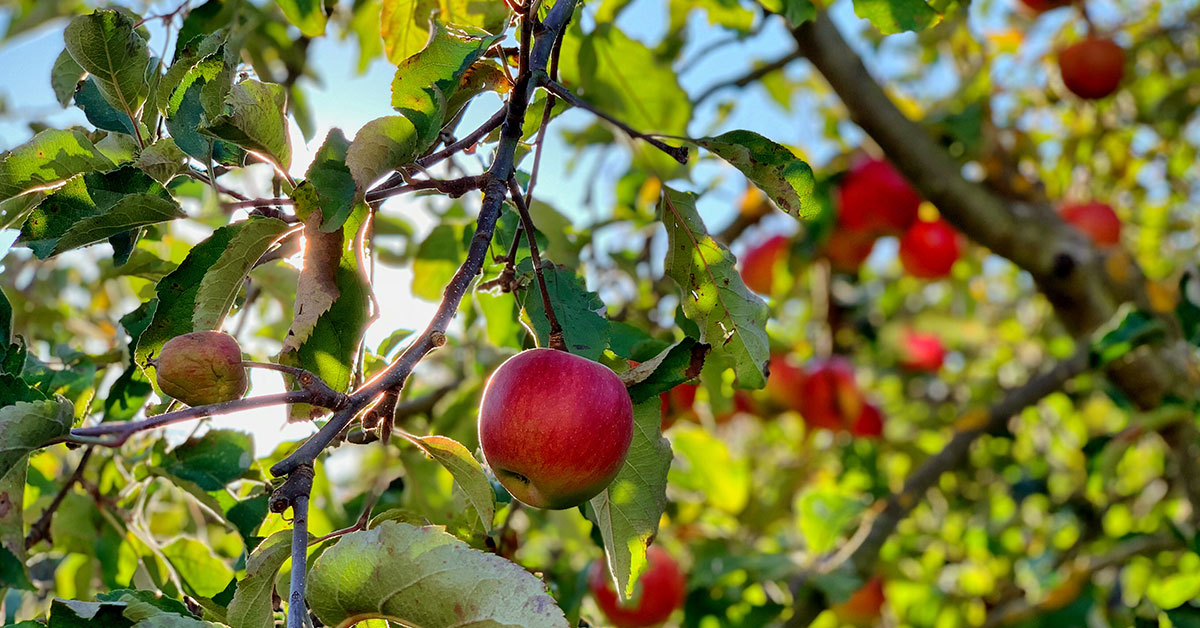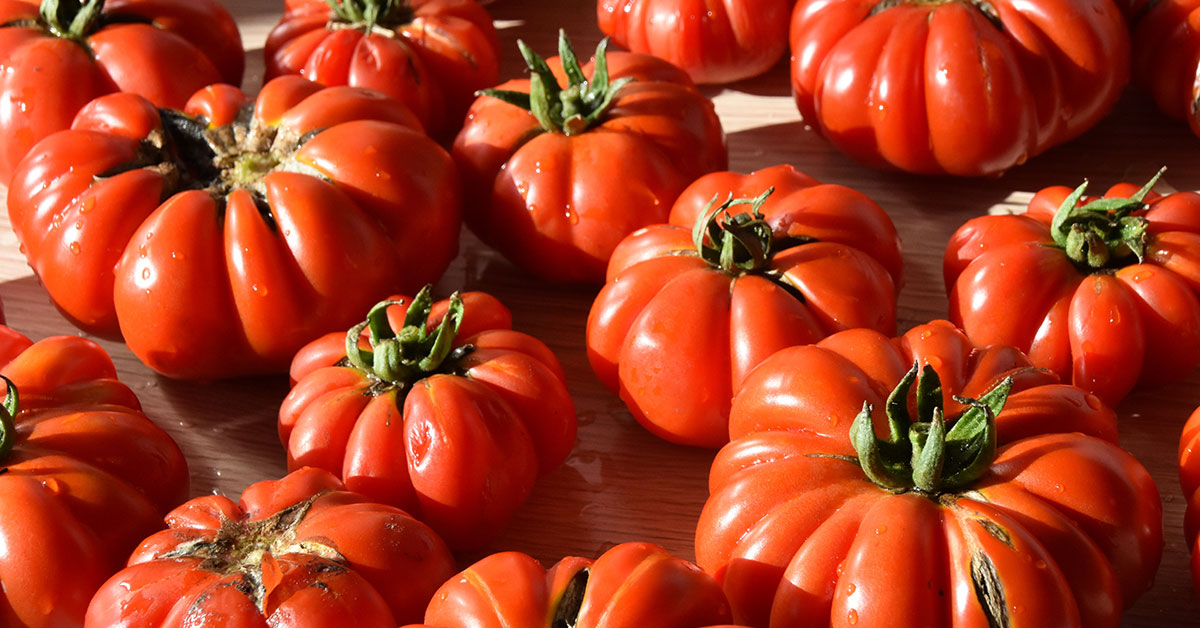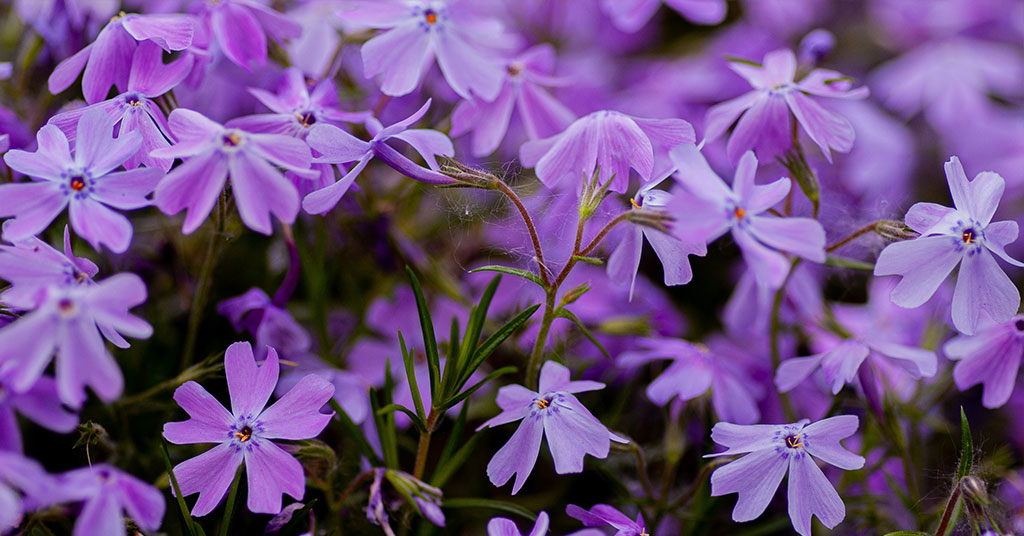Georgia is a state with a warm-weather climate perfect for gardening! The state has a fairly mild to hot climate, depending on which growing zone you’re in, which can make growing cold-weather crops like carrots a little bit trickier. But with a little bit of know-how and effort, growing carrots in Georgia can be a relatively easy experience. In this article, we’ll break down the best time to plant carrots in Georgia and when you should expect to harvest them.
Popular varieties of carrots
There are many different varieties of carrots to choose from, each with its own unique flavor, color, and texture. When selecting a variety of carrots to grow, it is important to consider your growing conditions, the length of your growing season, and your personal preferences. Some varieties are better suited for certain growing conditions, such as sandy soils or heavy clay soils. Others may have a shorter or longer maturity time, depending on your location and climate.
Some popular varieties of carrots and their days to maturity include:
- Chantenay Red Core (65-75 days): This variety has a distinctive deep red core and is known for its sweet, crisp flavor. It is a good choice for heavy clay soils and has a shorter maturity time.
- Nantes (65-75 days): Nantes carrots have a smooth texture and sweet flavor. They are often used for juicing and are a good choice for cooler climates.
- Danvers (70-75 days): This variety has a tapered shape and is known for its sweet, crunchy flavor. It is a good choice for sandy soils and has a longer maturity time.
- Imperator (75-80 days): Imperator carrots have a long, slender shape and a sweet, mild flavor. They are often used for fresh eating and are a good choice for well-drained soils.
- Bolero (75-80 days): Bolero carrots are known for their uniform shape and size, making them ideal for processing. They have a sweet, crisp flavor and are a good choice for cooler climates.
By selecting the right variety of carrots for your growing conditions and preferences, you can ensure a successful and flavorful harvest.
When to plant carrots in Georgia
Carrots are a cool-season crop that can be sown directly in the ground 2-3 weeks before your final frost date. In Georgia, your final frost dates are:
- Zone 6: Around April 21st
- Zone 7: Around April 3rd
- Zone 8: Around March 28th
- Zone 9: Around February 28th
When planting carrots outdoors, it is important to choose a well-draining location with full sun exposure. Carrots prefer loose, sandy soil that is free of rocks and debris. To prepare the soil for planting, work in compost or well-rotted manure to improve soil fertility and structure.
To plant carrot seeds, make a shallow furrow in the soil about 1/4 to 1/2 inch deep. Sow the seeds thinly and cover with a light layer of soil. Keep the soil moist but not waterlogged to encourage germination. Once the seedlings have emerged, thin them to a spacing of 1-2 inches apart to ensure that they have enough room to grow.
With proper care and attention, you can enjoy a bountiful harvest of fresh, delicious carrots straight from your garden. By planting your carrot seeds at the right time and in the right location, you can ensure a successful and rewarding gardening experience.
Carrot care guide
Caring for carrots is relatively simple, and by following a few key steps, you can ensure a successful harvest of healthy, flavorful carrots.
- Watering: Carrots require consistent moisture to grow well. Keep the soil moist but not waterlogged, and water deeply once a week during dry spells.
- Weeding: Keep the area around your carrot plants free of weeds, which can compete for water and nutrients. Use a hoe or hand weeder to remove weeds carefully, being careful not to disturb the delicate carrot roots.
- Fertilizing: Carrots don’t require much fertilization, but they will benefit from a light application of balanced fertilizer when planting. Avoid using high-nitrogen fertilizers, which can encourage lush foliage growth at the expense of root development.
- Thinning: Once your carrot seedlings have emerged, thin them to a spacing of 1-2 inches apart to ensure that they have enough room to grow. This will also help prevent diseases and pests.
- Pests and Diseases: Common pests that can affect carrots include carrot rust flies and aphids. Monitor your plants carefully and use organic pest control methods if necessary. Diseases like carrot blight and root rot can be prevented by planting in well-draining soil and avoiding overwatering.
By following these simple steps, you can ensure healthy growth and a bountiful harvest of delicious, homegrown carrots.
Read More: The Best Companion Plants For Carrots
When to harvest carrots in Georgia
Knowing when to harvest carrots in Georgia can be tricky. Generally, carrots should be ready for harvest about 60-80 days after sowing seeds, although this can vary depending on the variety you’re growing.
To determine if your carrots are ready for harvest, there are a few key things to look for. Firstly, check the tops of the roots – they should be about 3/4 to 1 inch in diameter and likely starting to pop out of the soil, though not necessarily.
The color of the roots can be a good indicator of when they’re ready to be harvested. They should be vibrant and evenly colored, with no signs of discoloration or wilting. If you’re still unsure, you can conduct a taste test by removing a small carrot from the soil and tasting it.
If it tastes sweet and tender, it’s ready to be harvested. However, if it tastes woody or tough, it needs more time to mature. When you’re ready to harvest your carrots, gently pull them out of the soil being careful not to damage the roots or break them off.
By following these guidelines, you can ensure that your carrots are harvested at the right time for optimal flavor and texture.
